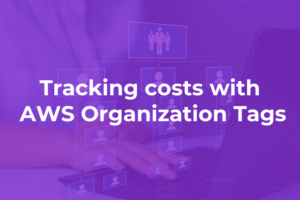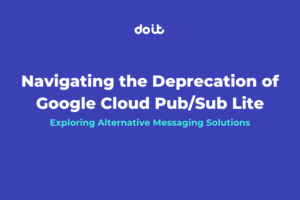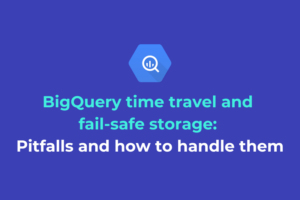In four months of study, I earned three cloud certifications:
- Google Cloud Architect
- AWS Architect Associate
- AWS Architect Professional
In this post, I will explain how to use your professional strengths to pass certification exams, even when you don’t yet know the subject matter.
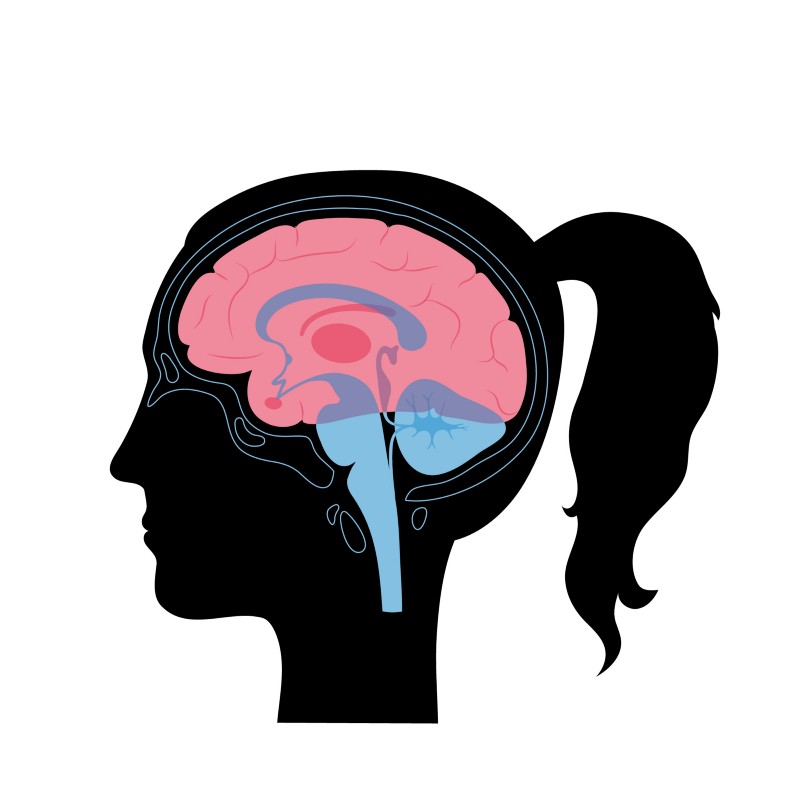
The T-Shaped Architect
This is your first exam in years; it’s been a long time since you finished your degree. But you have something powerful going for you. You got as far as you did in your career by combining specialization and breadth. That is a powerful asset.
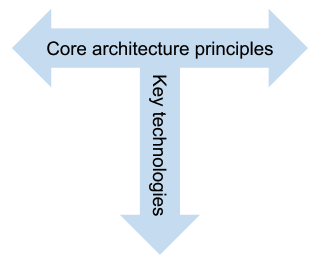
An asset you probably don’t bring is comprehensive knowledge of the exam topics. I have been a Principal Architect with a focus on the cloud for years. I worked with AWS, then with the Google Cloud Platform, going deep into dozens of cloud technologies and working closely with the Google Cloud development teams. But I still knew only a fraction of the technologies in each cloud. In software development, you learn what you need for the job, and then some extra. However, each exam covers hundreds of technologies, and inevitably you have not worked with most of them.
Still, as you study, even material that you don’t know, you have a good head-start. Your broad knowledge helps you extrapolate beyond what you know. Design constraints mean that, for example, all Load Balancers have something in common, and handling SSL certificates can only be done a certain way. At the same time, your deep knowledge helps you project your experience from one technology onto another. E.g., once you have learned one NoSQL database, similar principles apply to others.
Company Goals and Self Motivation
Align with the company and advance yourself
If you’ve come so far, you know how to motivate yourself. But whatever they tell you about “finding your passion,” your daily motivation at work has a specific purpose: the company’s goals.
In software product companies, certifications are rarely valued, but in a cloud consultancy, they show customers, as well as the cloud providers with which we partner, that the company has a deep bench.
Certifications also help you motivate and track yourself. At DoiT International, consultants devote at least 30% of their time to study and independent projects, but studying goes much farther with a clear focus. The exams provide milestones as you ramp up your skills.
Feedback, Fast Iteration, and Requirements Focus
The methodology of practice, practice, practice
You know from your product development experience that fast iteration is needed, with feedback on each cycle — ideally fine-grained feedback on iterations aimed at real requirements. You accomplish that with frequent code commits that you track with unit tests and the rapid release cycles that generate customer feedback.
That’s why my study technique was almost all practice, practice, and more practice. I repeated the example tests to the point that I regularly scored 90% above… then came back a few days later and repeated.
I also watched lectures and read books, but practice tests have the advantage of providing fine-grained feedback and targeting exactly the requirements of the exam.
Here’s my methodology:
- Pre-assess. Start by doing a sample test. Usually, my first try gives me slightly below the passing level, so I know that with some studying and care, I can pass.
- Take the next test. Afterward, I read the explanations of correct and incorrect answers and looked up concepts that I haven’t heard of. This is the main way I learn new topics.
- Repeat the test in order for the concepts to sink in.
- Review in tighter cycles: For some practice platforms, you can see the answer and explanations after each question, or after a few questions that you arrange into mini-tests. This is less realistic but gives you quicker feedback which is important for memory.
- Take each test through a full test set, which is usually 4–6 tests, but can be mixed into more, depending on the test-practice platform.
- Repeat the full test set after a few days to consolidate the lessons from your long-term into your short-term memory.
I take the tests faster and less carefully than I would if doing it for a score, given that I often have to fit this in between consulting tasks. And by practicing fast, I hone the speed-comprehension skills that are essential for completing these wordy exams on time.
You can practice in web-apps or on mobile, which is great for your commute or spare minutes. With Udemy, you can switch back and forth between the two, even in the middle of a test.
Attention to Detail
Be meticulous
In software development, you are used to scanning big chunks of slightly different code to find the few characters that can make all the difference. In the real exams, as in the better test sets, questions are lengthy, as are answers — and the answers often differ by just a few essential words each. Worse, some answers rephrase the same concepts with different words, so you can’t just visually diff the answer. This is the hardest aspect of the exams, particularly the AWS Architect Professional.
You are not just memorizing. If you can memorize hundreds of questions word-for-word, you deserve to pass. I know that I can’t. You are practicing tests skills, filling gaps in your knowledge, and honing your attention and focus — which have been degraded, even in the best of us, in this smartphone era.
Depending on how many practice tests you have available, you can leave a few tests aside to take periodically, as a realistic assessment of progress; then, start repeating those tests as well.
Ethics
Beware of the braindumps
Being a professional means a commitment to ethics — the unwritten rules shared by your profession, regardless of the immediate business benefits of violating them.
I say this to remind you that “braindumps” suck. Braindumps are test collections that claim to have real questions taken from real exams, in violation of Non-Disclosure Agreements.
Luckily for the easily tempted, the braindumps are fairly useless, as are other low-quality test sets:
- You can’t trust the answers — and often none are included.
- There is no honor among thieves, and you can’t trust the questions are actually from the exams.
- Texts are often full of incredible misprints and mistakes.
- Since exams are revised frequently, braindumps are often outdated.
- Explanations of the answers are never included, which is the real learning opportunity in practice cycles.
- Braindumps are defined by plagiarism, and like other low-quality test sets, they often plagiarize from the higher-quality commercial test sets. So, if you buy multiple products, you’ll be buying low-quality duplicates.
The legitimate practice test sets give you everything that you might want from a braindump, but better.
In the next post, I’ll give some tips for the day of the exam, and then list the best preparation resources that I have found.






